Automotive Heat Shield Size
Automotive Heat Shield Market Growth Projections and Opportunities
The Automotive Heat Shield market is changing dynamically due to increased need for thermal management systems, advancements in vehicle technology and growing concern of emission reduction. The rising complexity of modern vehicles and the demand for effective heat management are among the major market dynamics. Overheating and degradation are possible in cars as automotive systems become more complex and compact. For instance, there is risk of heat related issues such as overheating or component damage as engines get smaller and more complicated. Sensitive components under extreme temperatures can be protected from extreme heat by a heat shield thus ensuring that these components are performing at their best over a longer period of time. This has raised complications in vehicle design hence creating the demand for more efficient automotive heat shields. Evolutionary trends in Vehicle technology like electric vehicles (EV) and hybrid electric vehicles (HEV) have significantly influenced the dynamics of the Automotive Heat Shield industry. Electric vehicles tend to generate significant amount of heat because of their high power electric systems that they run on. As the automotive sector moves towards electrification, there is a need for proper protection against thermal energy. Apart from protecting sensitive electronic parts, these devices contribute to safety and efficiency when it comes to hybrid vehicles or EVs as well. In its bid to address some challenges posed by modern car technologies with respect to thermal energy, this industry seeks to incorporate innovative designs as well as advanced materials into its different types of shields. Automotive Heat Shields’ market dynamics are also affected by global focus on emissions reduction and fuel efficiency enhancement. Stricter emission standards coupled with sustainable transport alternatives have forced automakers to optimize engine performance which means better fuel economy along with reduced emissions per unit distance traveled. Optimization strategies involve introduction of “heat shields” so that no transfer occurs at points where it can negatively affect fuel efficiency.
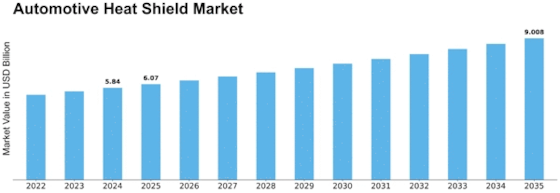


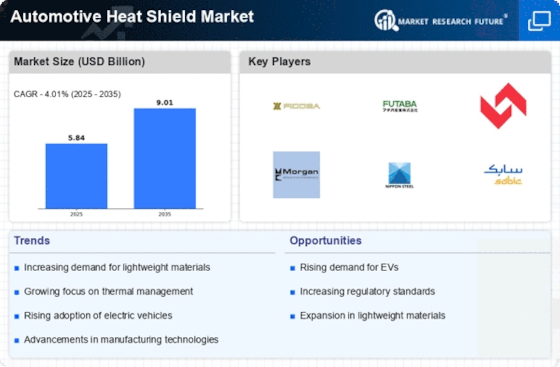
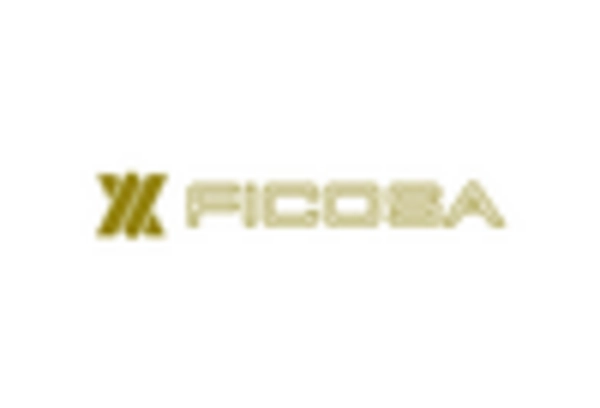
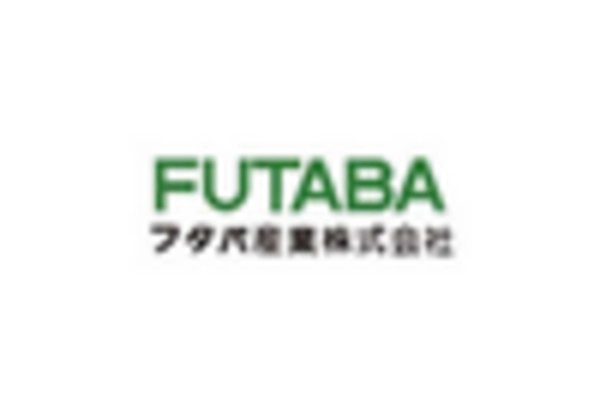
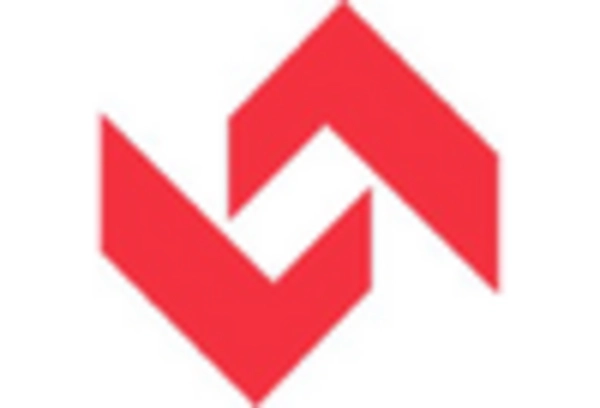
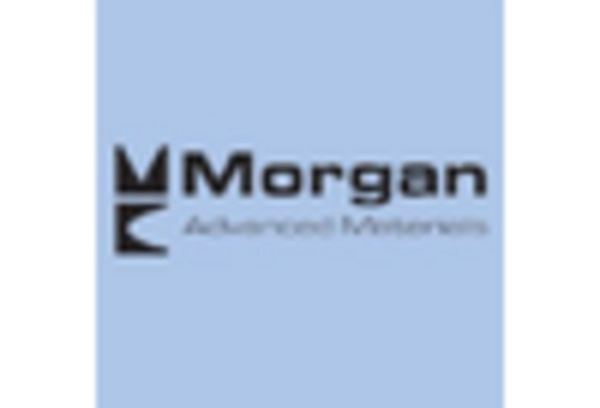
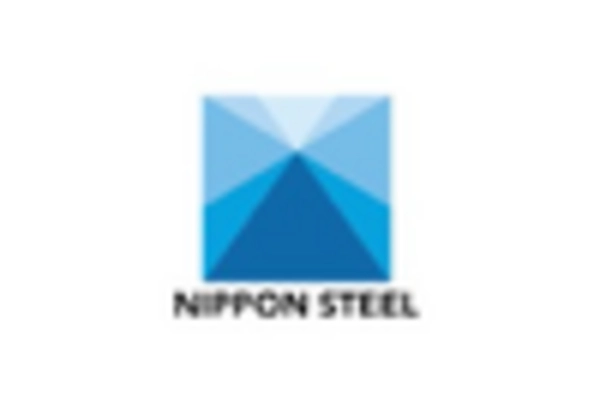










Leave a Comment